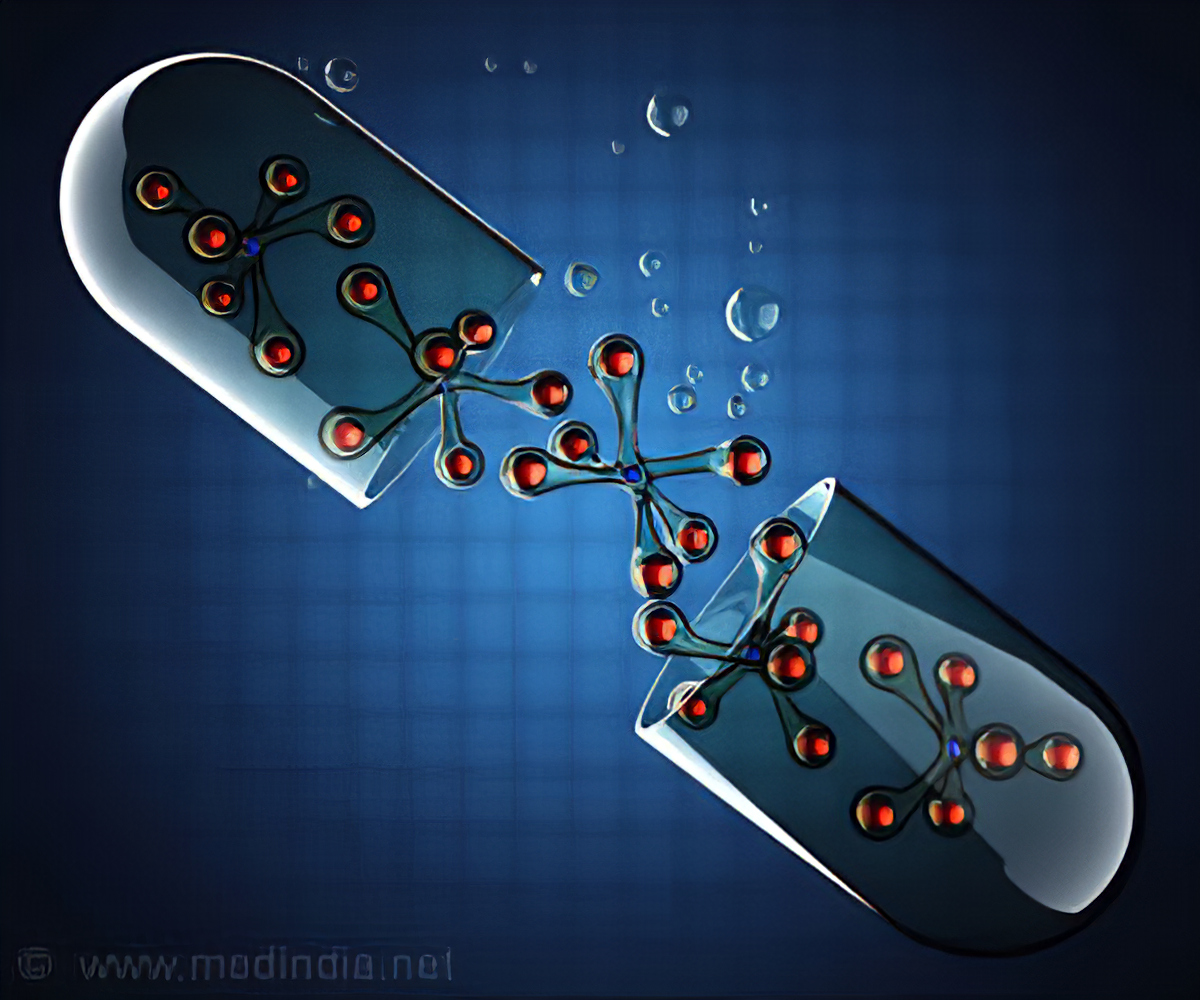The implementation areas of Artificial Intelligence (AI) are growing faster than ever. This technology is already in various areas like manufacturing, education, cybersecurity, and more. Can AI be applied in medicine? Several studies on the potential for artificial intelligence in healthcare reveal that AI will be increasingly applied in diagnosis and treatment recommendations, patient engagement, medical data recording, and more. AI can also be used in the administrative activities of the workforce.
Here’s an article to take you through the possibilities of AI in various aspects of medicine and healthcare.
PRESENT USES OF AI IN MEDICINE
Cancer Detection
The widespread implementation of artificial intelligence in medicine has been in cancer detection. The Stand Alone Artificial Intelligence for breast cancer detection showed more accuracy than expert radiologists. AI systems train themselves and learn from the data they receive. They have the potential to contribute significantly to cancer detection.
Consumer Health Applications
Internet of Medical Things (healthcare IoT) is another area that uses artificial intelligence systems. AI-based apps to process the patient data received and suggest lifestyle adjustments. This can be helpful for at-home health solutions. A voice-based virtual nurse program is a possibility in this domain. This can simplify the process of preparing patients to continue their healing at home. Virtual nursing systems can also reduce patient anxiety, improve safety, keep people entertained, and increase patient satisfaction with medical services.
Apart from these, there are several other automated services in hospitals that use AI systems.
Here are some successful ventures:
Google Health – This is helpful for patients to measure their fitness programs. It also provides information about their medical conditions, nearest hospitals, and reminders to take medicine. It is a health companion that monitors your lifestyle and provides guidance.
Watson for Health – This is an AI-based health solution developed by IBM. Watson for Health empowers various participants in healthcare such as clinics, governmental programs and researchers. It offers solutions for improving the clinical workflow and optimizes the decision-making process. Watson can also protect organizations and individuals from fraud. It also helps in developing a cost-effective approach to research.
There are many more AI-based health solutions that enhance medicine and healthcare.
AI IN TREATMENT PROCESS
Artificial Intelligence can improve multiple spheres of medicine, including recording patient data and programming surgeon robots. Do you wish to know more about its potential? Read on to know the possibilities of AI in treatment processes.
1. To Detect Diseases
AI-based software can be used to detect a patient’s disease even before the appearance of evident symptoms. Such software can use the existing database and the patient’s history to analyze minute details and detect the disease well in time. This needs to be tested and validated over time. Errors need to be corrected. However, the possibilities are endless. It can enhance diagnosis in many ways.
2. Diagnostics and Decisions
Devices based on AI technology can provide vast amounts of medical data in no time, enabling the doctors to understand the patient’s medical conditions and the treatments undertaken. In a typical situation, a doctor needs to look into research mistakes, multiple test reports from the past, possible allergies, and many other factors to reach a decision. This can be time-consuming. A faster decision can help the patient heal better. Receiving all the necessary data on time can help in this.
3. Create Accurate Database
AI technologies can analyze images and patterns to create algorithms. This can help doctors diagnose diseases faster, more accurately. They can be programmed to spot signs of diseases from MRIs, CT scans, X-Ray reports, and Skin Lesion photos. AI-based algorithms can learn with every new information given to them and eventually evolve into quick diagnostic systems.
4. Treatment Solutions
Treatment is an ensemble of disease diagnosis, classification, making a treatment plan, prescribing medicines, suggesting exercises, care plans, and more.
AI algorithms can help doctors find a comprehensive approach to treatment. Surgical robots that can execute highly complex operations can be improved with better AI technology.
5. Change Lifestyles, Forget Hospitals
What if a technological advancement can reduce the need for hospitalization? AI algorithms can process your medical history, food habits, lifestyle, environment, and more. They can predict health adversities that are on our way and help us take preventive measures. Tacking immunosenescence levels can help in developing interventions to boost immune systems, especially among the elderly. This can increase the longevity of life.
AI is enhancing the medical industry in multiple ways. It is helpful in:
- Arranging better clinical workflow
- Quicker diagnostics and decision making
- Lifestyle adjustment suggestions
Studies say that AI can accelerate the drug creation process in the future. Technology is here to change our lives and lifestyles. Let’s use it in healthy ways, to save us and to save the planet.

